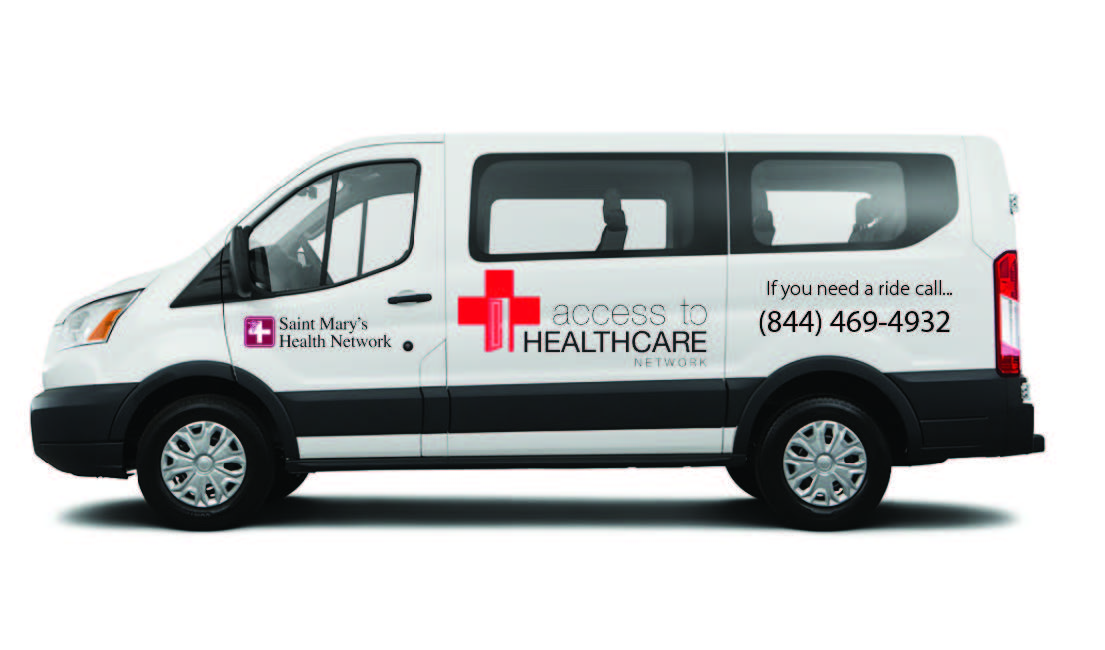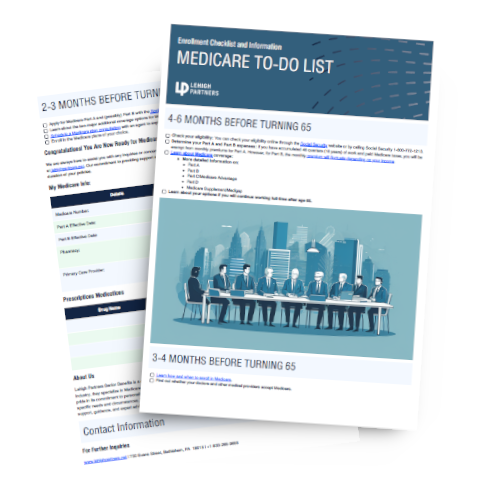Medicare is a crucial resource for many individuals, providing essential healthcare coverage for various medical needs. However, when it comes to transportation, there may be some confusion regarding what Medicare covers and what it does not. In this comprehensive guide, we will delve into the specifics of Medicare coverage for transportation, including the role of Medicare Part B and Medicare Advantage plans in addressing both emergency and non-emergency transportation services.

Medicare covers ambulance services under certain circumstances. Medicare Part B can pay for ground ambulance transportation when it is medically necessary. In emergencies, Medicare might cover emergency air ambulance transportation or non-emergency ambulance transportation with a doctor's written order. However, not every ambulance ride is covered by Medicare.
Medicare Part A: Emergency Transportation Coverage
Under Medicare, Part A primarily covers inpatient hospital stays, skilled nursing facility care, hospice care, and some home health care services. When it comes to transportation, Medicare Part A specifically addresses emergency transportation by ambulance.
In the case of an emergency, such as a sudden illness or injury where transportation by ambulance is deemed medically necessary, Medicare Part A may provide coverage for these vital services. This coverage ensures that individuals can receive prompt and essential medical care when faced with urgent situations.
Compare plans today.
Speak with a licensed insurance agent
1-833-265-9655 | TTY 711
Understanding Medicare Part B Coverage
While Medicare Part A focuses on inpatient care, Medicare Part B encompasses outpatient services, including doctor's visits, preventive care, and durable medical equipment. When it comes to transportation, Medicare Part B also plays a crucial role in providing coverage for certain medically necessary transportation services.
For instance, Medicare Part B may cover transportation to and from a medical facility, such as a hospital or clinic, if it is deemed medically necessary by a healthcare provider. This could include essential trips for treatments, diagnostic tests, or specialized care that requires transportation assistance. Understanding these coverage details can be vital for individuals reliant on Medicare for their healthcare needs.
Limitations on Non-Emergency Transportation
It is important to note that while Medicare Part A and Part B cover emergency ambulance services and some medically necessary transportation, they do not encompass non-emergency transportation to and from routine medical appointments. This particular aspect of transportation, which includes trips to visit your doctor's office for regular check-ups, consultations, or preventive care, falls outside the scope of coverage provided by Medicare Parts A and B.
Medicare Advantage Plans: Additional Transportation Coverage
To address the gaps in coverage for non-emergency transportation, many individuals turn to Medicare Advantage plans, also known as Medicare Part C. These plans are offered by private insurance companies approved by Medicare and provide an alternative way to receive Medicare benefits.
One of the distinct advantages of Medicare Advantage plans is the potential for additional benefits beyond those provided by original Medicare. Some Medicare Advantage plans offer coverage for non-emergency transportation services to plan-approved locations, addressing the need for transportation to medical appointments and other healthcare-related destinations.

Original Medicare (Parts A and B) usually doesn't cover transportation to doctor's appointments for routine medical care. However, some Medicare Advantage plans may cover transportation to medical appointments
Exploring the Specifics of Medicare Advantage Transportation Coverage
Medicare Advantage plans vary in terms of the additional benefits they offer, including transportation services. Some plans may provide coverage for transportation to and from medical appointments, pharmacies, and other essential healthcare facilities. This can be particularly beneficial for individuals who require regular medical care and assistance with transportation.
Furthermore, certain Medicare Advantage plans may also offer flexibility in terms of transportation options, accommodating special needs or circumstances that require personalized transportation arrangements. Understanding the details of transportation coverage within Medicare Advantage plans can help individuals make informed decisions about their healthcare options.
Finding Suitable Medicare Advantage Plans
It is important to note that while Medicare Advantage plans may offer additional benefits, including transportation coverage, the availability of specific plans can vary based on location. Medicare Advantage plans that cover transportation and other supplemental benefits may not be accessible in all areas, and the specific offerings of these plans can differ between regions and insurance providers.
To explore the Medicare Advantage plan options available in your area, it is advisable to seek personalized guidance from a licensed insurance agent. These professionals can provide valuable insights into the Medicare Advantage plans offered in your locality, helping you assess the availability of transportation coverage and other beneficial features.
How Medicare Supplement (Medigap) Plans Cover Transportation and Ambulance Services
A Medicare Supplement, also known as Medigap, can provide coverage for transportation and ambulance services that are not covered by original Medicare. Medigap plans typically help pay for some of the out-of-pocket costs associated with Medicare Part A and Part B, including deductibles, copayments, and coinsurance. When it comes to transportation and ambulance coverage, certain Medigap plans may help cover the costs that Medicare does not fully pay for, such as coinsurance or copayments related to ambulance services.
It's important to note that while Medigap plans can help with ambulance coverage, the specific benefits and coverage details can vary depending on the plan selected. For example, some Medigap plans may cover 100% of the Medicare Part B excess charges for ambulance services, while others may only cover a certain percentage of these costs. Additionally, coverage for non-emergency transportation services, such as medically necessary transportation to a hospital or skilled nursing facility, can also be included in some Medigap plans.
Overall, Medigap plans can offer valuable financial assistance for Medicare beneficiaries who require ambulance or transportation services, helping to reduce their out-of-pocket expenses and provide peace of mind regarding coverage for these critical medical services.
Medicare Supplement plans and Medicare Advantage plans are distinct entities that cannot be used together. Mixing a Medicare Supplement with a Medicare Advantage plan is not compatible.
In conclusion, understanding the nuances of Medicare coverage for transportation is essential for individuals seeking comprehensive healthcare support. While Medicare Part A and Part B address emergency ambulance services and certain medically necessary transportation, they do not encompass non-emergency transportation to routine medical appointments. However, Medicare Advantage plans, also known as Medicare Part C, offer the potential for supplemental coverage, including non-emergency transportation to plan-approved locations.
As individuals explore their healthcare options, it is important to consider the availability of Medicare Advantage plans and their specific benefits, such as transportation coverage. To learn more about the Medicare Advantage plan options available in your area, it is recommended to connect with a licensed insurance agent who can provide tailored information and guidance based on your location and healthcare needs.
In summary, by gaining a comprehensive understanding of Medicare transportation coverage and exploring Medicare Advantage plans, individuals can make informed decisions to ensure access to essential transportation services as part of their overall healthcare support.
Learn about Medicare Advantage plans where you live
Not all Medicare Advantage plans that offer additional benefits like transportation coverage may be accessible in your region. For more information on the available Medicare Advantage plan options in your area, we recommend reaching out to a licensed insurance agent for personalized assistance.
Compare plans today.
Speak with a licensed insurance agent
1-833-265-9655 | TTY 711

